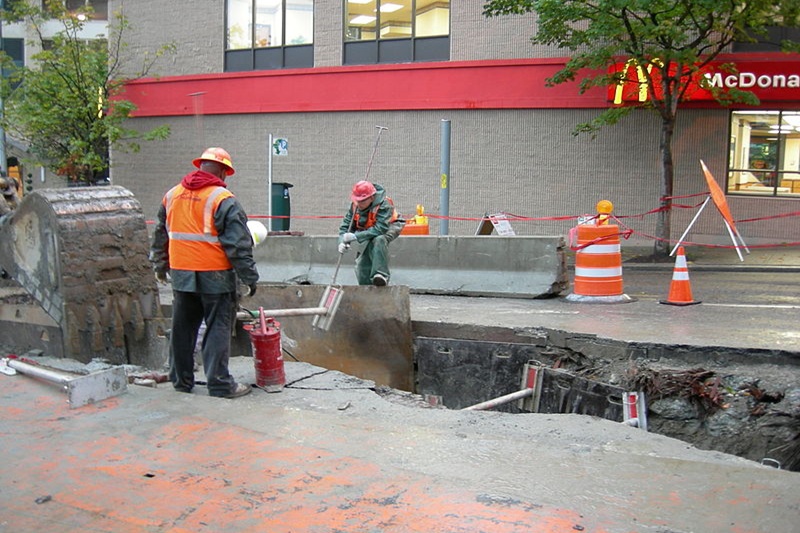
(C): Twitter
What Is the Skills Pass and Who Needs It?
The Skills Pass, which was previously limited to hospitality workers, will now be mandatory for all new third-country nationals (TCNs) seeking employment in Malta. The new policy significantly extends the number of TCNs who are going to be required to complete a Skills Pass. The Skills Pass is particularly aimed at standardising basic competencies and supporting the integration of newcomers to Maltese society.
The pass consists of job-specific training, customer care, English skills and an understanding of workers’ rights. For example, employees will learn that if you work more than 40 hours, you are entitled to overtime pay; until now, many were unaware of this.
What Does the New Version of the Skills Pass Include?
The updated Skills Pass is much more than job-related training; it will also cover:
Maltese social and cultural practices.
Basic national values.
The role of women in society.
LGBTIQ rights.
Legal and employment rights.
This broader scope reflects the government’s intention to help develop informed, respectful, and legally aware workers.
Why Is Malta Introducing This Policy Now?
The programme was developed in response to growing concerns from sectors such as hospitality, whose industries have stated that TCN workers are often unwilling to enter this sector due to the training requirement. By extending the Skills Pass across all sectors, the government wants to level the playing field in order to rectify sector-specific labour shortages.
This shift is part of a larger labour migration reform, which hopes to address high worker turnover. Other proposals include:
Banning cash salaries.
Extending work permits from one to two years.
Extending job change grace periods from 10 to 60 days.
Preventing employers with excessive termination rates from recruiting new TCNs.
What Happens Next?
The policy will be rolled out officially in the next few days. Although the cost of completing the Skills Pass is unknown, the programme is central to Malta’s changing approach to managing foreign labour and stabilising population growth.







